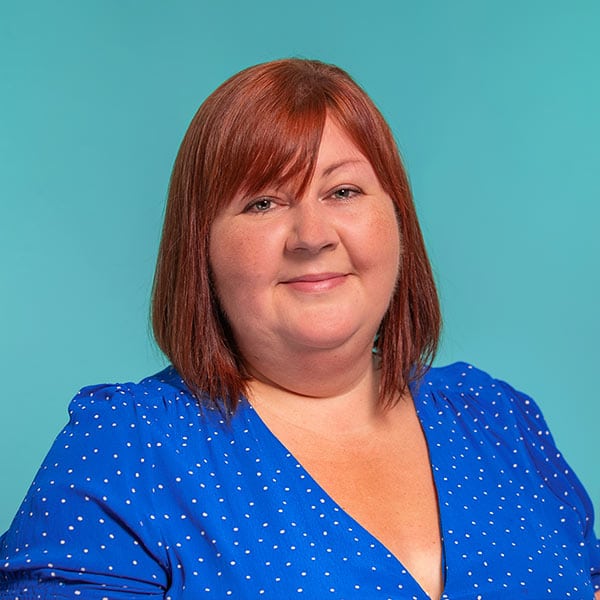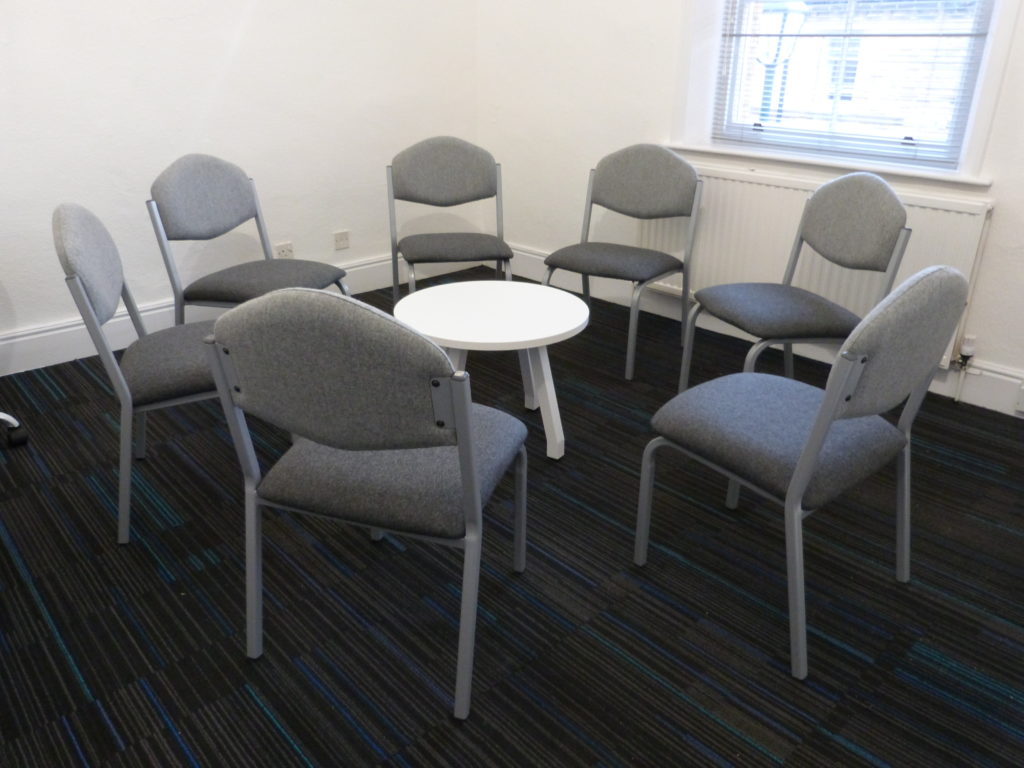Group Therapy


****COVID-19 UPDATE****
Unfortunately, we have had to postpone all group therapy sessions and courses for the foreseeable future due to the current pandemic and potential risk in a group setting. We plan to review the situation in the New Year and hope to run more group therapy workshops in 2021.
The idea behind group therapy is simple: it’s therapy with a group of people who share similar issues and experiences. Many groups are designed to target a specific problem such as depression, anxiety or low self-esteem.
Although the concept might be simple, there’s a lot more to group therapy than a number of people sitting around and talking. Good group therapy is led by specially trained and qualified therapists who have experience in helping people make significant changes within a group setting.
Attending specialist therapy sessions for groups is a great option for accessing mental health services offering a number of benefits:

The Victoria Therapy Centre currently offers groups designed for people suffering with specific feelings such as low self-esteem and anxiety. These are based on a set number of sessions of 90 mins and work through understanding what each condition is, how it may have developed and tools in how to tackle it and move forward.
If you are reading this, then you’ve probably been considering whether or not group therapy is right for you and whether or not it will help you feel better. In fact, you might even be weighing group therapy against individual therapy.
So, what are the advantages of group therapy?
While there is broad consensus about the benefits of group therapy, that does not mean that this form of therapy is better, or worse, than another form of therapy. Good therapy, be it group, individual, couples, family, art, no matter the format, will help you make positive changes and feel better. But there are distinct advantages to group therapy.
You’re Not Alone – Groups are made up of people who are experiencing the same or comparable issues. As part of a group, you see and hear first-hand from people who’ve felt those emotions or had similar experiences. This can reduce the sting of loneliness and feelings of isolation.
A Sense of Belonging – In a group session, you’re surrounded by people who know what you’re going through because they’re going through it themselves. You don’t have to feel like an outsider because everyone in the group knows exactly where you’re coming from.
A Network of Support – People who have been through the same situations have a different perspective than those who haven’t. You can get advice and support from others who have been in your shoes without the fear of being judged by someone who doesn’t understand.
Gain Perspective – When you listen to other people talk about their struggles and problems, it can help you gain a little more perspective about your own struggles. That kind of connection can help you feel understood and can also help you see that there’s hope because other people have gone through the same circumstance and survived.
Learn New Strategies – A trained therapist is there to guide the group and share specific strategies, but you can also learn from other people in the group. Everyone in the group will be at different places in their own recovery or treatment, and will be able to offer their unique perspective, skills, or ways of coping, with the rest of the group.
Groups can also be a safe space to try new tools without being judged. Plus, group members can provide feedback on how the tools work in their own experience.
Easier on the Wallet – In general, group therapy sessions are less expensive than one-to-one sessions with a therapist because the cost of the therapist’s time is spread out over multiple group members.
Are there any disadvantages?
Group therapy may not be for everyone. You may have a few concerns if you are considering starting a group therapy course:
Speaking In Front of a Group – Most of us are anxious about the idea of speaking in front of people and that can feel really daunting. Our group sessions give you the choice whether to speak and share or just to listen. Groups are structured in a “Psycho educational” way so it is possible to get a lot from a group by just listening but being able to contribute might enhance your experience.
Possible Personality Clash – There is always a chance that you will come in to group and not like another member of the group. Groups are small (around 6 people) and the aim will be to work through any issues you may encounter in the group but if you feel that it is not possible, then you can speak to the therapist in private in order to help find a resolution.
Lack of Confidentiality – With an individual therapist you are sure to have confidentiality; in fact, that’s part of the legal protection of talking to a therapist. But in a group setting, the legal framework is not applicable, so instead the group creates their own confidentiality code at the start of a course. The group will create an agreement with the guidance of the therapist, which all team members are asked to sign and abide by its requests. It makes for a much more successful group if we are able to trust that what happens in the room stays in the room.
Group therapy offers a highly effective and low price treatment option for many people that are suffering with a mental health issue.
© 2023 Victoria Therapy Centre. All rights reserved.